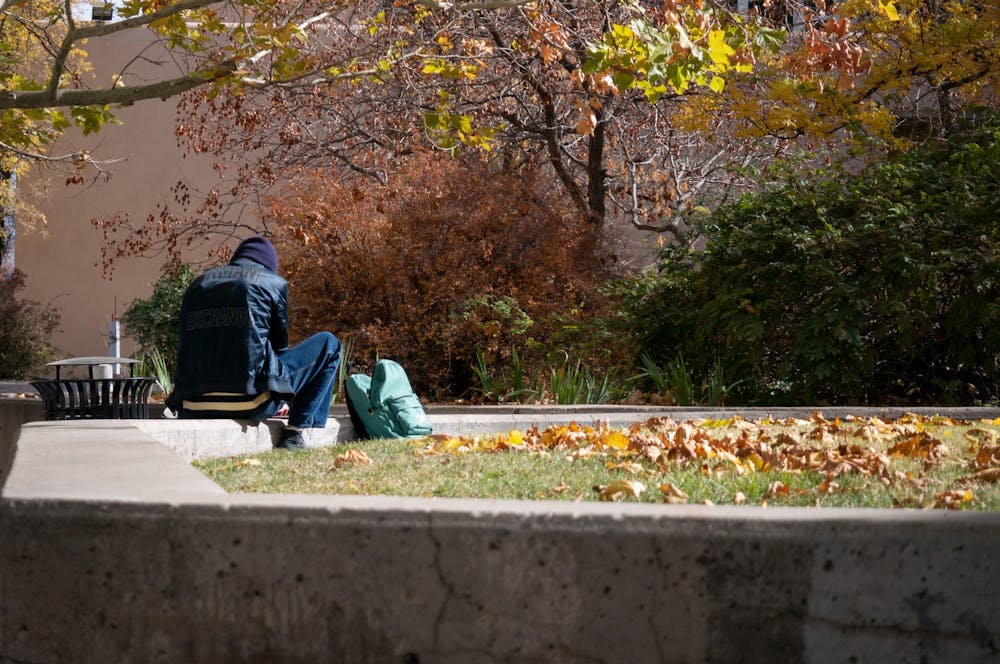Seasonal Affective Disorder, otherwise known as seasonal depression, is a form of depression in which symptoms present during specific seasons, typically during the fall and winter months. Seasonal depression affects an estimated 10 million Americans yearly, but there are methods to help identify and cope with symptoms.
According to Albuquerque therapist Anne-Marie Cooper, Seasonal Affective Disorder (SAD) symptoms include abnormal sleep and eating patterns, general low mood and a “lack of willingness to engage in things that typically one would usually like to engage in.”
University of New Mexico Student Health and Counseling psychiatrist Dr. Tien Nguyen advised students to monitor how much their symptoms are affecting daily function and how much psychological distress their symptoms are causing them when considering professional help.
According to Nguyen, there are several self-care processes that help with SAD in addition to seeking professional help, such as eating well and exercising.
“These are things we should do anyways; not just for depression, but for good self-care,” Nguyen said.
Cooper recommended the Healthy Mind Platter, a system that divides a day into seven mental activities — similar to mapping out a balanced diet — for a balanced mental lifestyle.
“We're talking about (a) mind-body connection. It’s hard to separate that,” Cooper said.
Another essential part of coping with SAD is exposure to sunlight, as the disruption of circadian rhythms as a result of decreased sunlight is believed to be a factor in the onset of seasonal depression, according to Mayo Clinic. If winter weather stifles your ability to get sunlight, Nguyen recommended purchasing a light box that meets the Center for Environmental Therapy’s light box standards to mimic the effect of sunlight.
Nguyen said it’s crucial to reach out to others to seek help with SAD when needed, or to help peers or loved ones suffering with SAD. He recommended the NMConnect app for those suffering with SAD, which links users directly to the New Mexico Crisis Helpline.
Nguyen said “there’s always help out there.”
“They're not alone … When people are struggling already and if they feel that there's no help and no one understands, that's a hard thing,” Nguyen said.
Elizabeth Secor is a freelance reporter at the Daily Lobo. She can be contacted at news@dailylobo.com or on Twitter @esecor2003
Get content from The Daily Lobo delivered to your inbox
Elizabeth Secor is a freelance reporter for the Daily Lobo. She can be contacted on Twitter @esecor2003






